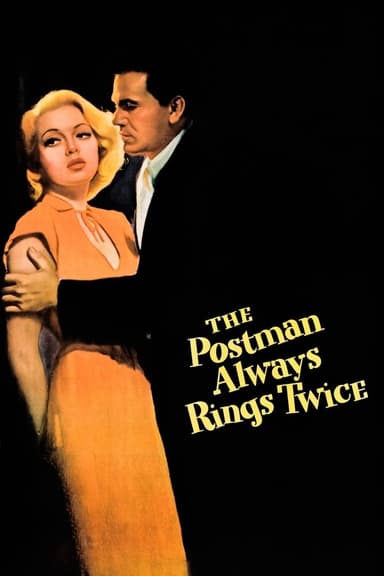
Cape Fear
1962 • Drama, Thriller • PG
Sam Bowden witnesses a rape committed by Max Cady and testifies against him. When released after 8 years in prison, Cady begins stalking Bowden and his family but is always clever enough not to violate the law.
Runtime: 1h 45m
Why you should read the novel
Before watching the classic film Cape Fear (1962), dive into the gripping novel that inspired it—The Executioners by John D. MacDonald. This powerful source material offers a mesmerizing narrative packed with suspense and unforgettable character dynamics. Reading the book allows you to experience the raw psychological torment in greater depth than any adaptation could offer.
The Executioners builds tension through vivid prose and a masterful exploration of fear and morality. Fans of crime fiction and psychological drama will find the original novel richly rewarding. Unlike mere visual thrills, the book immerses readers in the characters’ internal conflicts and motivations, providing a more nuanced and chilling perspective.
Exploring The Executioners before or instead of the movie gives readers an opportunity to appreciate John D. MacDonald’s literary craft and meticulous storytelling. Experience the authentic atmosphere and develop a deeper connection to the story’s origins—an enriching alternative to movie adaptations.
Adaptation differences
While Cape Fear (1962) faithfully adapts the central premise of John D. MacDonald’s The Executioners, there are noticeable differences in characterization, tone, and thematic emphasis. The movie, constrained by the cinematic code of its era, softens some of the book’s more disturbing themes, especially in its depiction of violence and psychological manipulation.
In the novel, Max Cady is portrayed with greater psychological complexity and disturbing intent. The film version, though menacing, is forced to dilute some of his most morally ambiguous actions due to 1960s censorship. This makes the novel a more intense and suspenseful experience for readers interested in darker, more unfiltered narratives.
Additionally, the book delves significantly deeper into the internal struggles of protagonist Sam Bowden and his family. MacDonald’s novel provides rich interior monologues and a slower, more methodical psychological buildup. The film streamlines these nuances to fit its runtime, sacrificing the depth of emotional trauma and moral dilemma that the book explores in detail.
Another major difference lies in the resolution. The Executioners approaches its climax with a more relentless sense of dread and unresolved tension, whereas the film opts for a classic Hollywood finale to satisfy audience expectations. For readers craving a story that lingers and provokes thought, the original novel delivers a more powerful and unsettling conclusion.
Cape Fear inspired from
The Executioners
by John D. MacDonald











